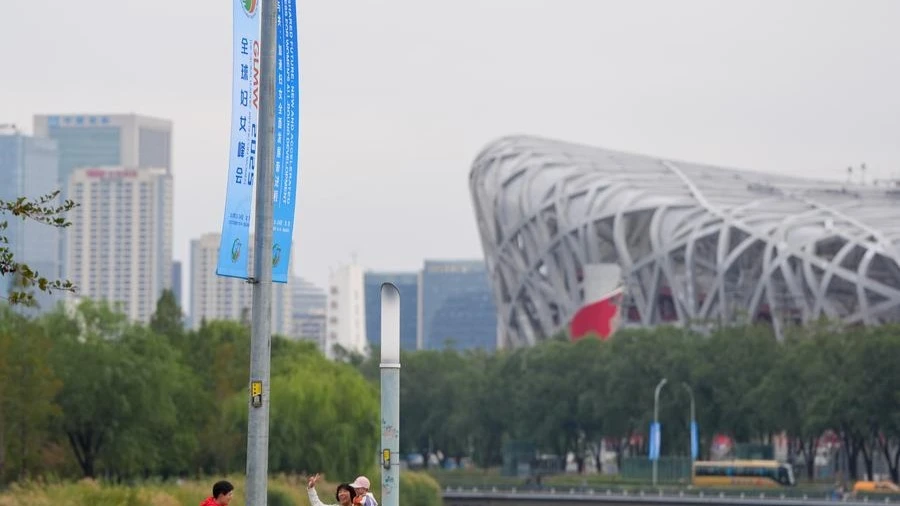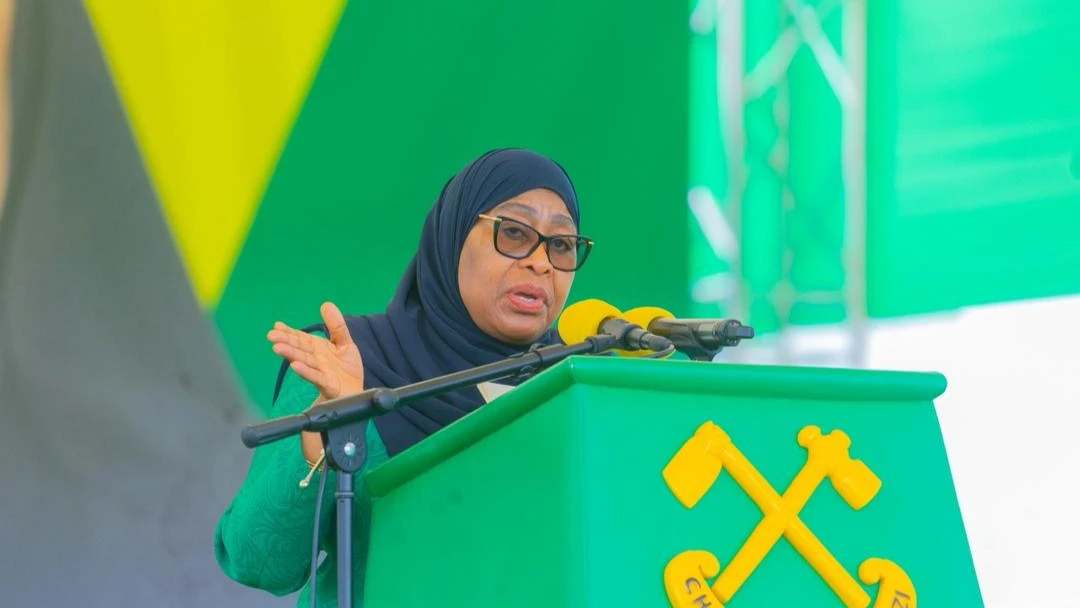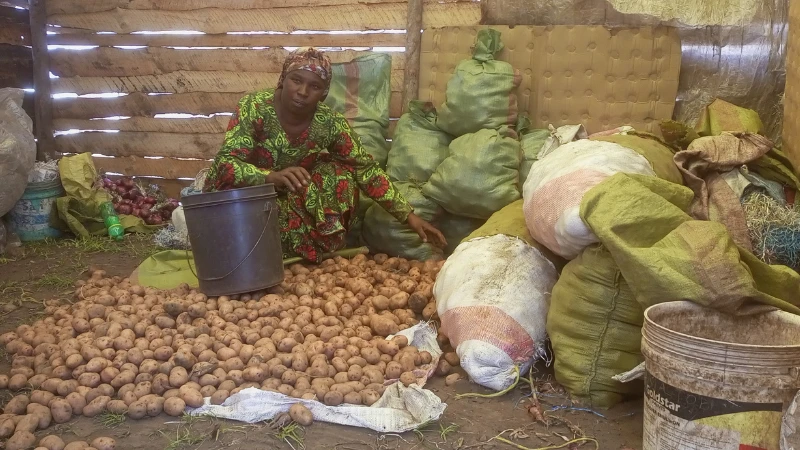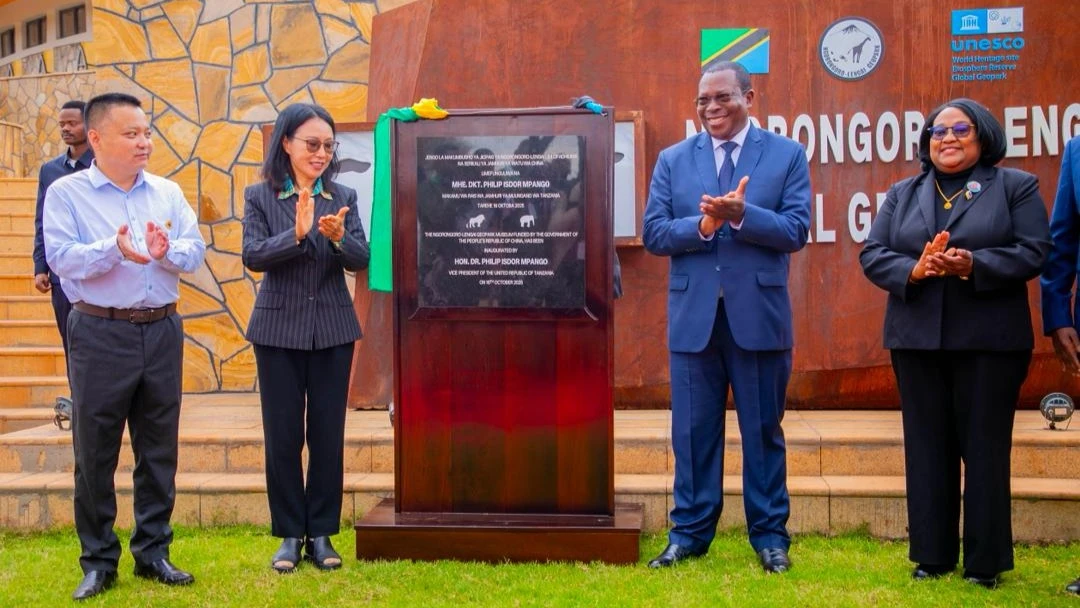Zanzibar's women pioneers harnessing Chinese expertise to drive blue economy

WOMEN in Zanzibar are at the forefront of a major economic transformation, driving the island’s nascent "blue economy" by converting previously underutilised seaweed and other marine resources into thriving value-added businesses.
This profound shift has been significantly inspired and supported by technical cooperation and knowledge sharing from China.
The transformation is being championed by local pioneers like Semeni Mohammed Salum, the dedicated secretary of the Wakulima Hai cooperative society, which translates from Swahili as "Living Farmers."
This cooperative has become a model of sustainable marine entrepreneurship, bringing together more than 100 members, including a strong majority of approximately 80 women and 20 men from the islands of Unguja and Pemba.
-Semeni attributes the cooperative’s success to essential training and exposure. "Our cooperative was formed after receiving training from the Ministry of Blue Economy and Fisheries," said Semeni. "We later benefited from entrepreneurship training in China's Fujian Province, where we learned advanced techniques in seaweed and sea cucumber farming."
Her personal journey with Chinese expertise began with a pivotal visit in 2011. At the Fujian Institute of Oceanography, Semeni spent a month immersed in hands-on training, acquiring crucial skills in marine cultivation. A second visit in 2017 further deepened her knowledge, focusing specifically on advanced sea cucumber farming and innovative seaweed processing methods.
This international experience was an eye-opener, challenging local perceptions about marine value. "Visiting markets in China, we discovered that many marine products we used to ignore in Zanzibar were highly valued there," she noted. "That experience opened our eyes to the vast opportunities around us."
Upon her return from the training, Semeni immediately applied her new knowledge, playing a key role in establishing Zanzibar's first sea cucumber farm. Today, the Wakulima Hai cooperative has moved far beyond basic cultivation. It now processes raw seaweed into an impressive array of value-added products, including artisan soaps, nourishing hair oil, therapeutic massage oil, shampoos and nutritional seaweed powder
In addition to these products, the cooperative successfully sells other lucrative marine resources such as sea cucumbers, oysters, and fish intestines, demonstrating a holistic approach to utilizing the ocean’s bounty.
"Initially, we did not know the value of these marine products," Semeni admitted. "But after training, we realised their potential as food, medicine, and sources of income."
Under Semeni's influential leadership, the cooperative has become a beacon for the entire industry. Official statistics confirm the scale of this women-driven sector: The industry now supports an estimated 23,000 farmers and Crucially, 90 percent of these farmers are women.
By the end of 2022, Zanzibar’s annual seaweed production reached 12,594 tonnes, with exports hitting nearly 14,000 tonnes per year.
Semeni’s efforts have ensured that over 80 percent of Zanzibar's seaweed farmers have benefitted from new skills and improved production techniques, leading to higher yields and better-quality products.
Despite the evident financial and production gains, Semeni notes that some challenges persist, particularly in domestic consumption. "Convincing the community to use marine products as food and business is still difficult," she said. "While China and other countries consume them widely, in Tanzania, they are still underutilized."
A legacy of opportunity and dignity
For Semeni, the skills and knowledge she gained through China-Zanzibar cooperation have been truly transformative, not just for the sector, but for her family. "The ocean can empower women economically," she asserted. "We are grateful to the Chinese government for sharing this knowledge and for showing us that marine resources can transform lives."
The rewards extend well beyond mere financial statements. Semeni proudly shared her personal success story: "Through this business, I have educated my six children. Some are now in universities," she said, radiating pride. Her work is a testament to the powerful link between knowledge transfer and generational upliftment.
Semeni concluded with a forward-looking message on the deep value of their work: "Marine products are not just about income; they are about opportunity, dignity, and a better future." The women of Zanzibar are successfully charting a course where sustainability and economic empowerment intersect, making the blue economy a reality for thousands of families across the islands.
Top Headlines
© 2025 IPPMEDIA.COM. ALL RIGHTS RESERVED

























